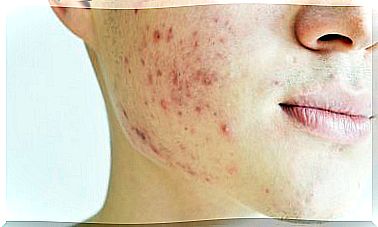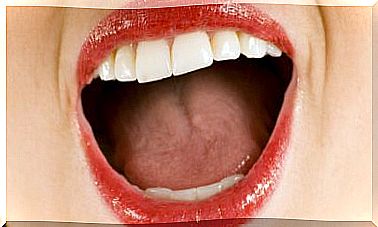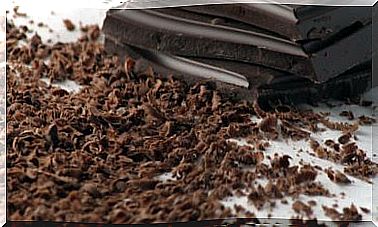Stress Produces Gray Hair According To A Study
For a long time it was intuited that stress produces gray hair, but this was nothing more than a popular belief, without foundation in science. Now, a group of researchers from Harvard University have verified that it is not a myth, but a reality.
There are several legends in history that mention the fact that stress causes gray hair. One of the best known is that of Marie Antoinette, the queen of France who was guillotined during the revolution in that country. It is said that in a single night his hair turned gray.
Another famous legend is that of Thomas More, who is also entrusted with a significant change in appearance in just one night. In fact, there are many people who have seen how someone goes through a stage of personal crisis and seems aged. Today we know that it is true: stress produces gray hair.
Stress produces gray hair
A group of scientists from Harvard University (United States), led by Dr. Ya-Chieh Hsu, published an investigation in the journal Nature . It states that, after several tests and studies, it was concluded that stress produces gray hair.
The most interesting thing is that the team of neurologists not only corroborated the direct influence that stress has on graying, but was also able to identify the mechanisms that generate this effect. It is then a great advance.
Stress is a global evil and in recent decades there have been numerous studies on this phenomenon. It has been linked to various ailments and diseases. The impact on physical appearance seemed obvious, but this study in question goes a bit further, connecting the dots.

A revealing experiment
To reach these conclusions, the Harvard scientists first did an experiment with mice. They looked for the possible influences of this factor in the appearance of gray hair, and also examined the various physiological changes caused by states of anxiety.
The researchers began by inducing a state of stress in the mice. To do this, they were injected with a compound called resiniferatoxin. This substance stimulates the production of cortisol, known as the stress hormone.
The experts started from the hypothesis that stress caused an immune attack on the animal’s body, and that this ended up affecting the pigment-producing cells. They believed that this was how the mechanism worked. However, they got a big surprise, because some mice no longer had immune cells, but they continued to turn gray.
Faced with this situation, the scientists decided to remove the adrenal glands from some of the mice, so that they would not have the ability to produce cortisol. Then they were subjected to stressful situations and the unexpected happened: gray hair continued to appear.
Why does this effect occur?

The group of neurologists began to rule out options, eventually focusing on the sympathetic nervous system. This is in charge of regulating the fight or flight response in the body. The nerves that make up this system branch out and are present in each hair follicle in the skin.
After several investigations, the scientists found that in stressful situations, these nerves release a chemical called norepinephrine. Then, this substance is absorbed by the stem cells that regenerate the hair pigments and that are near those nerves.
Norepinephrine causes excessive activation of these cells. What happens next is that they produce more pigment than necessary and deplete their reserves. When this happens, such cells can no longer regenerate, that is, the reserve of pigment is exhausted and hair without it begins to appear, that is, white hair.
What to expect
The scientists pointed out that this situation is irreversible, that is to say that once these stem cells are lost, there is no going back: the effect is permanent. The research revealed that stress produces gray hair and specified how it does it, but it is still unknown why everything happens this way.
However, it is a great advance, which has already led to the introduction of new research projects on the effect of stress on various tissues of the body. Research helps clear the way for a thorough understanding of stress and its effects.
All this is a step forward so that in the future methods are developed that allow to reverse the effects of stress. For now, the director of the investigation has recommended taking life a little more calmly. It is seen that worrying excessively only brings negative effects.









